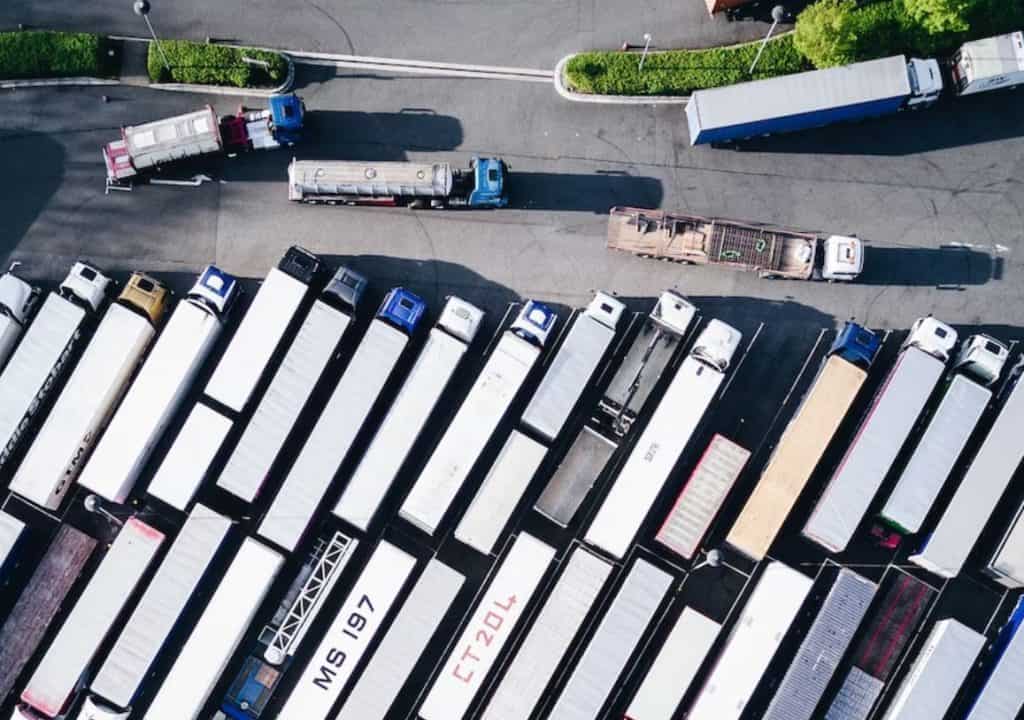The changing customer preferences have imposed changes in supply management. Shipping companies now face challenges to meet the dynamic market needs. Nowadays, consumers get the needed goods through traditional retailers or e-commerce. There are two shipping methods (LTL vs FTL) to suit the needs: full truckload shipping and less than truckload shipping. How to choose the proper method for your business? This post shares the advantages and disadvantages of eh so you can make the best decision.
What are FTL and LTL
When it comes to LTL vs FTL, FTL stands for full truckload shipping. When relying on this shipment method, businesses hire an entire shipment dedicated solely to their freight. It doesn't matter whether the cargo occupies the whole truck or not. The company pays a fixed price to hire the truck for a particular destination.
On the other hand, the LTL method includes lending only a portion of the truck that corresponds to your cargo. The carrier combines load from different clients to make the transition more cost-efficient. In the process, the cargo gets transferred between various trucks. It is not uncommon for the freight to be stored in warehouses too. Knowing this, predicting the delivery date is quite complex.
FTL vs. LTL
When looking at LTL vs FTL, both FTL and LTL come with their advantages. FTL stands for timely delivery and reduced damage risk. On the other hand, LTL provides cheaper quotes.
A full truckload gives you more control over any aspect of the delivery. It has a direct pre-arranged route, and the deadline is predictable unless in the event of equipment failure. On the other hand, LTL coordinates the transportation of cargo for different companies. This means your freight will be loaded and unloaded various times until it reaches the final destination, increasing the risk of damage. FTL does not include transfers, so it is safer if you work with expensive or perishable goods.
To make a final decision, business owners need to consider the costs. Paying for a full truckload might not be feasible if your freight takes a small portion of the truck. In such cases, it would be cheaper to go with LTL, which calculates the shipping fees based on the cargo volume. With LTL, the price is determined by the freight class, weight, and destination. However, this isn't a good option for time-sensitive deliveries since the arrival date cant be determined.
A few categories, such as the load volume, value, liability, and loading process, can determine the freight class. The LTL shipping also includes cargo management since the shipments need to be strategically grouped for maximum efficiency. As mentioned earlier, the goods might be stored in warehouses during transit. If you need fast delivery, relying on this method is not recommended.
What is the correct opinion for you?
Every business has different needs when it comes to shipping. What works best for some companies might not work for others. Therefore, determining which method is suitable for your product type is essential.
Expensive goods, fragile goods, and perishable products aren't suitable candidates for LTL. The handling during the process can damage the goods, costing more. In addition, the time-sensitive delivery of perishable goods requires a precise arrival time.
But when the business is more flexible with deadlines and wants to reduce the shipping fees, the LTL is a feasible option. Companies will look for cheap shipping options in the struggle to provide the lowest prices. This is an effort to reduce the product's price and make it more competitive on the market.

LTL vs FTL – FAQ
What is LTL and FTL?
LTL stands for Less Than Truckload, while FTL stands for Full Truckload. LTL refers to shipping smaller shipments that don't require a full truck, while FTL involves shipping larger shipments that require a full truck.
How are LTL and FTL priced?
LTL shipments are typically priced based on the weight, dimensions, and distance traveled. FTL shipments are priced based on factors such as distance, truck type, and any additional services required.
Which option is more cost-effective?
LTL shipping is generally more cost-effective for smaller shipments, as it allows multiple shipments to share space on a single truck. FTL shipping is more cost-effective for larger shipments that require an entire truck, eliminating the need to share space.
What is the transit time for LTL and FTL shipments?
LTL shipments usually have longer transit times due to multiple stops and consolidation along the route. FTL shipments have shorter transit times since the truck travels directly from the origin to the destination without additional stops.
When should I choose LTL over FTL?
LTL is a suitable choice when you have smaller shipments, want to reduce costs by sharing truck space, or have flexible delivery timelines. FTL is preferable when you have larger shipments, require faster transit times, or have specific security and handling requirements.


